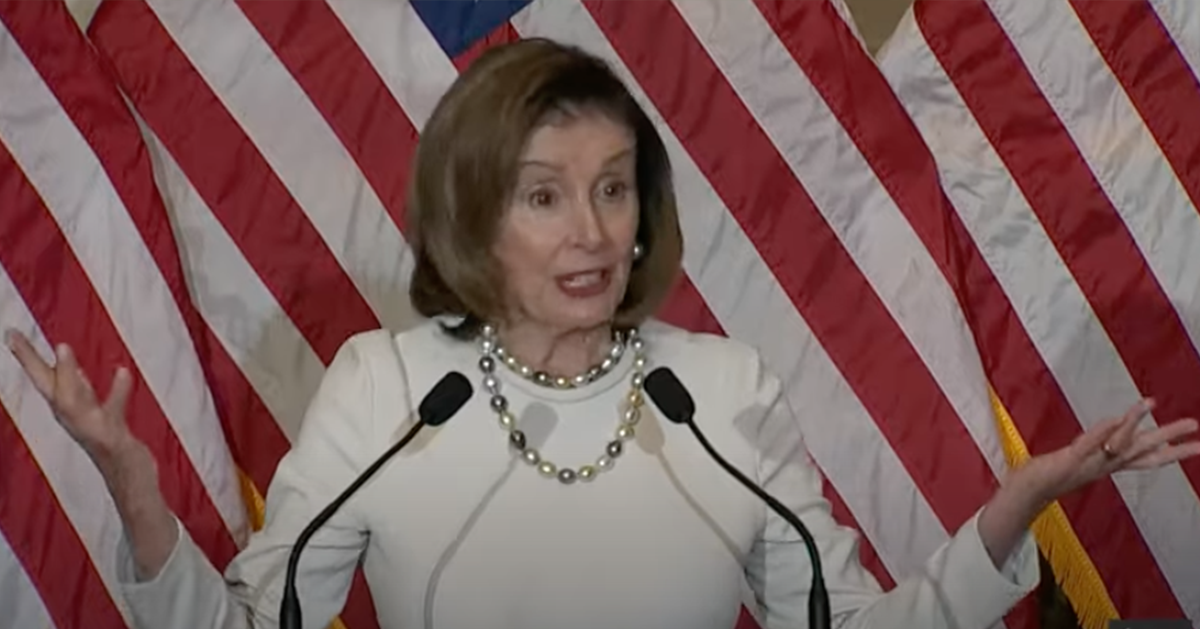DOGE exposes alarming details of fraudulent unemployment claims
The Department of Government Efficiency (DOGE) has uncovered a staggering revelation about fraudulent unemployment claims made by individuals with improbably advanced ages and future birthdates, totaling nearly $400 million in exploitation of funds.
The findings of DOGE, as articulated by tech mogul Elon Musk, indicate a critical failure in the unemployment insurance system, revealing financial deception by individuals who successfully perpetrated fraud against the government, as Fox News reports.
In a detailed review conducted by DOGE, claims submitted since 2020 have been scrupulously examined, exposing significant instances of deceit.
Most notably, the survey revealed instances involving claimants with impossible ages, which further casts a shadow on the integrity of the unemployment system.
Remarkably old age, implausible birthdates found
The analysis disclosed that around 24,500 people, purportedly over the age of 115 years, had claimed an astounding $59 million in unemployment benefits. Such a revelation reveals gross inaccuracies since the oldest verified American is currently 114 years old.
Perhaps even more bizarre, 28,000 claimants, with ages ranging from 1 to 5 years, have fraudulently acquired $254 million in funds. This finding leaves little room for doubt regarding the flaws in the verification process that allowed such discrepancies to go unnoticed.
Equally striking were the claims made by about 9,700 individuals purported to be born more than 15 years in the future. These individuals alarmingly received $69 million in unemployment benefits, drawing attention to the absence of proper verification across the board.
Outrage over claims begins to build
In a particularly absurd instance, an applicant with an alleged birthdate in 2154 managed to claim $41,000. Such an occurrence emphasizes the magnitude of unchecked fraudulent submissions slipping through relevant checks.
The findings from DOGE have prompted responses from key figures within the government. Department of Labor Secretary Lori Chavez-DeRemer expressed her concern over the nearly $400 million in fraudulent unemployment claims unearthed by DOGE. She asserted the department's commitment to reclaiming taxpayer dollars and holding accountable those behind these outrageous claims.
Musk himself took to social media to voice his disbelief at the findings, highlighting the lack of rational oversight that led to the approval of such nonsensical claims. He noted that misdirected funds were essentially financing nonexistent entities supposedly born in future decades.
Reactions pour in
Musk also remarked on the improbability of claimants above 115 years of age, sarcastically observing how such scenarios successfully bypassed necessary checks. Through his comments, he urged faster remedial actions to rectify such systemic shortcomings.
In the political arena, Republican Sen. Mike Lee of Utah labeled the oversight leading to such rampant fraud as "reckless incompetence." His criticism underscores the erosion of confidence in the administration of unemployment insurance.
DOGE's findings have sparked an urgent call to overhaul the systems used for validating unemployment claims. This corrective action is aimed at shoring up safeguards intended to prevent fraudulent claims from slipping through and unnecessarily draining public resources.
System overhaul pledged
The survey's outcome not only alerts government entities to glaring procedural failures but also advocates for a future where such lapses are avoided through a comprehensive and rigorous overhaul of standard procedures.
Chavez-DeRemer's decisive statement on pursuing the perpetrators of this financial deceit underscores an urgent need to revisit policy implementations. Such measures would ensure the elimination of loopholes that presently endanger the efficacy and credibility of assistance provisions.
As further investigations unfold, stakeholders remain eager to understand how such glaring vulnerabilities went unaddressed for so long. The pressing need for accountability is clear, fostering a collaborative endeavor across governmental agencies to secure the integrity of unemployment insurance protocols.
In conclusion, as lawmakers and department officials grapple with the lessons surfacing from the DOGE survey, swift corrective actions are necessitated.
Going forward, this could mark a pivotal point in reinforcing a keen sense of oversight to counter similar occurrences.




